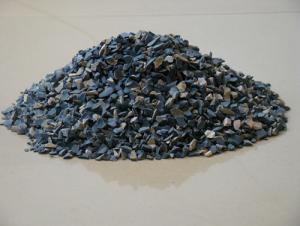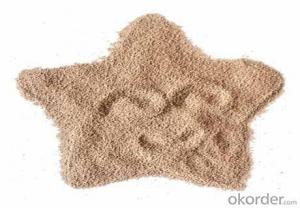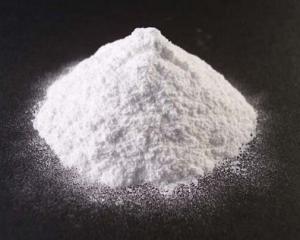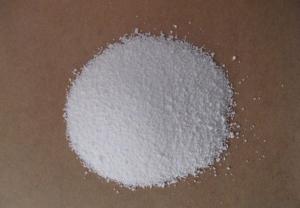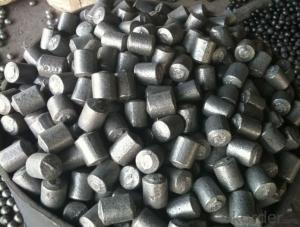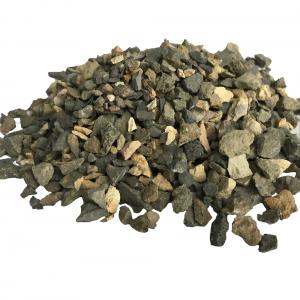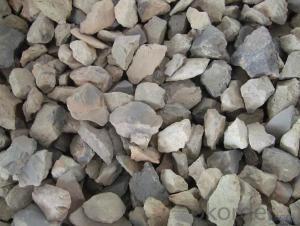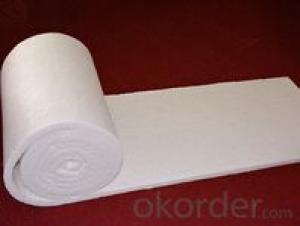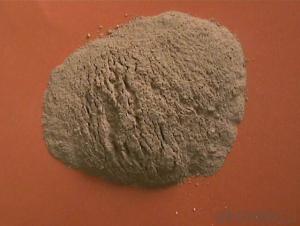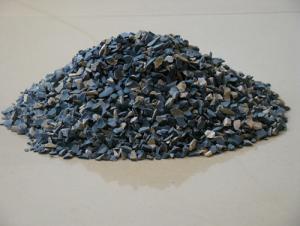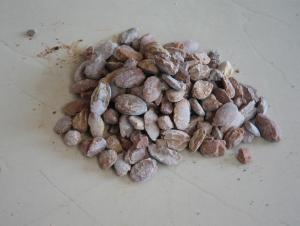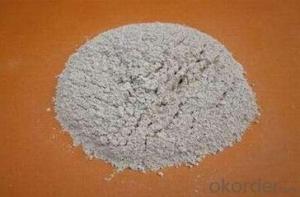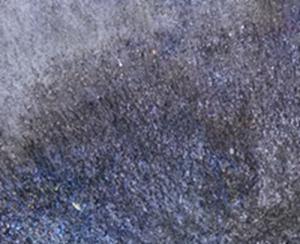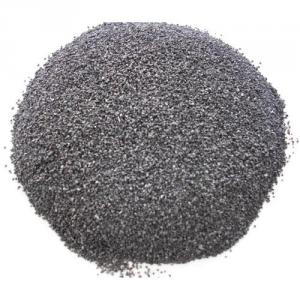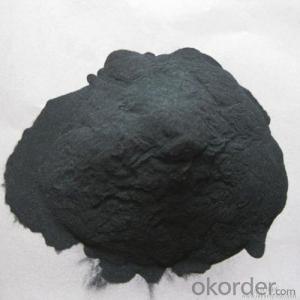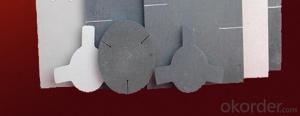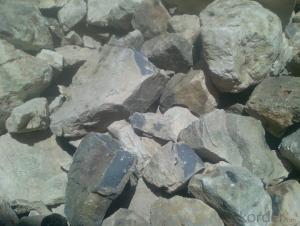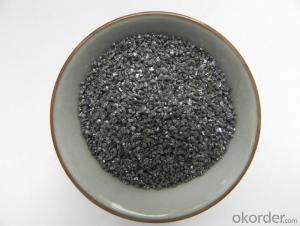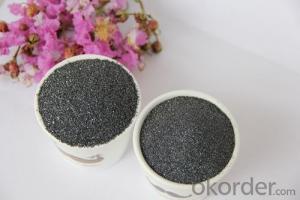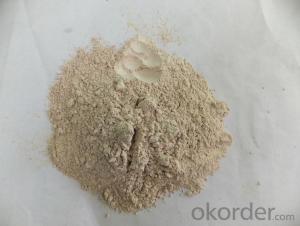All Categories
- - Steel Wire Rod
- - Steel Coils
- - Steel Profiles
- - Steel Pipes
- - Stainless Steel
- - Tinplate
- - Special Steel
- - Steel Sheets
- - Steel Rebars
- - Steel Strips
- - Hot Rolled Steel
- - Cold Rolled Steel
- - Pre-painted Steel
- - Seamless Steel Pipe
- - Welded Steel Pipe
- - Hollow Steel Tubes
- - Galvanized Pipe
- - Stainless Steel Coil
- - Stainless Steel Sheet
- - Stainless Steel Plate
- - Stainless Steel Strips
- - Electrolytic Tinplate Coil
- - Electrolytic Tinplate Sheet
- - Stainless Steel Rebars
- - Solar Panels
- - Solar Water Heater
- - Solar Related Products
- - Solar Inverter
- - Solar Cells
- - Solar Light
- - Solar Energy Systems
- - Solar Controllers
- - Solar Mounting System
- - Solar Pump
- - Solar Chargers
- - Fiberglass Chopped Strand
- - Fiberglass Mesh Cloth
- - Composite Pipes
- - FRP Pultrusion Profiles
- - Fiberglass Mat Tissue
- - Fiberglass Fabrics
- - Fiberglass Mesh
- - Composite Tank
- - Fiberglass Mesh tape
- - Polymer
- - FRP Roofing Panel
- - Fiberglass Roving
- - Monolithic Refractories
- - Ceramic Fiber Products
- - Refractory Bricks
- - Raw Materials For Refractory
- - Suspended Platform
- - Cranes
- - Concrete Machinery
- - Earthmoving Machinery
- - Building Hoist
- - Road Building Machinery
- - Plastic Pipe Fittings
- - Plastic Tubes
- - Plastic Sheets
- - Agricultural Plastic Products
- - Plastic Nets
Q & A
Describe the properties and applications of mullite insulation bricks.
Mullite insulation bricks are highly durable and lightweight refractory materials commonly used in high-temperature industrial applications. These bricks are made of mullite, a mineral composed of aluminum silicate, which provides excellent thermal insulation and resistance to thermal shock.
The properties of mullite insulation bricks include low thermal conductivity, high strength, low porosity, and resistance to chemical attack. These characteristics make them suitable for lining furnaces, kilns, and other high-temperature equipment where thermal insulation and stability are crucial.
Mullite insulation bricks find applications in various industries, including steel, ceramics, glass, and petrochemicals. They are used as insulating linings in heat-treating furnaces, incinerators, and boilers, where they help conserve energy by minimizing heat loss. These bricks also offer excellent resistance to aggressive environments, making them ideal for applications involving corrosive gases or molten metals.
Overall, mullite insulation bricks are valued for their superior insulation properties, high-temperature stability, and resistance to thermal shock and chemical attack, making them a reliable choice for demanding industrial applications.
How does calcium silicate contribute to the properties of refractory materials?
Calcium silicate is commonly used in refractory materials due to its excellent thermal insulation properties and high melting point. It helps to reduce heat loss and maintain high temperatures in furnaces, kilns, and other high-temperature applications. Additionally, calcium silicate provides good resistance to thermal shock and chemical corrosion, enhancing the durability and longevity of refractory materials.
What are the raw materials used in the production of fireclay refractories?
The raw materials used in the production of fireclay refractories typically include high-quality fireclay, kaolin, silica, and other additives such as alumina and flint.
How does the addition of diatomite affect the porosity of refractories?
The addition of diatomite generally increases the porosity of refractories. Diatomite, being a highly porous material itself, creates voids within the refractory structure, resulting in a higher overall porosity. This increased porosity can have benefits such as improved thermal insulation and reduced thermal shock, but it may also lead to reduced mechanical strength and increased susceptibility to chemical attack.
Wholesale Raw Materials For Refractory from supplier in Albania
We are a Raw Materials For Refractory supplier serving the Albania, mainly engaged in the sale, quotation, and technical support services of various Raw Materials For Refractory products in the Albania region. We are a subsidiary platform of the Fortune Global 500 company CNBM, able to provide you with one-stop Raw Materials For Refractory procurement services in the Albania. Not only do we have a wide range of Raw Materials For Refractory products, but after years of market development in the Albania, we can also provide valuable experience for your projects.
Hot Search
- Monolithic Refractories in South Korea
- Ceramic Fiber Products in Rwanda
- Refractory Bricks in Guinea
- Raw Materials For Refractory in Turkmenistan
- Monolithic Refractories in Egypt
- Ceramic Fiber Products in Australia
- Ceramic Fiber Products in Cyprus
- Raw Materials For Refractory in Palestine
- Ceramic Fiber Products in Norway
- Raw Materials For Refractory in Nigeria
